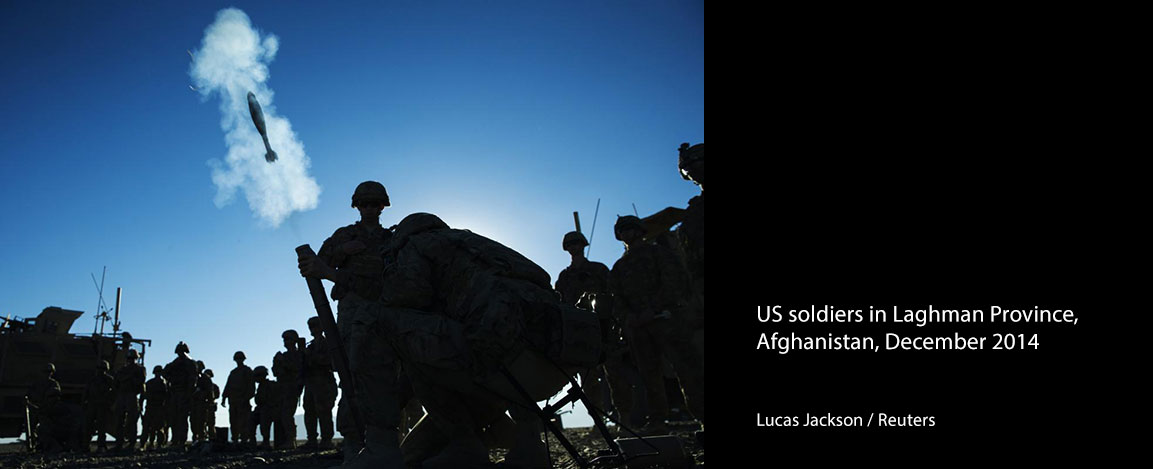Foreign Affairs asks experts—including faculty and students affiliated with the Center and the Security Studies Program—to state whether they agreed or disagreed with the withdrawal from Afghanistan. They were also asked to rate their confidence level in their opinion. An excerpt of their responses are featured below. The full article, including the confidence graph, is available here.
"I interpret 'right' to mean 'least wrong.' And 'certain' means that given an estimation of the costs and risks of plausible alternatives and their odds of 'success' in their own terms, I am 'certain' that this choice is the 'least wrong'," Barry Posen, MIT.
"It is hard to consider that all this effort in blood and treasure was in vain, but a sunk cost mentality cannot keep the United States in Afghanistan forever. The pendulum has shifted: we can no longer justify losing American lives and spending inordinate amounts of US taxpayer money to just maintain the status quo. We now need to ensure that not all is lost for liberal Afghans, women, and minorities who were uplifted by the US presence and who are now feeling abandoned and terrified," Fotini Christia, MIT.
"There is a reasonable strategic case for the United States to withdraw. But Americans shouldn’t have any illusions that this will actually end Afghanistan’s war, which is likely to see new forms and levels of violence," Paul Staniland, University of Chicago.
"The US military presence in Afghanistan no longer serves its original purposes. Its withdrawal should not affect other forms of support by the United States and the international community for the legitimate Afghan government and for Afghanistan’s modernization. Nor does it need the fig leaf of a “peace process,” which is the business of the Afghan people themselves," Shivshankar Menon, Ashoka University.
"There will undoubtedly be negative consequences to the U.S. withdrawal due to the dramatic shift in the balance of power, but these would accrue regardless and would be unmitigated no matter how long we stayed. The stalemate was not improving and arguably deteriorating, so our presence was only delaying the inevitable," Sameer Lalwani, Stimson Center.




